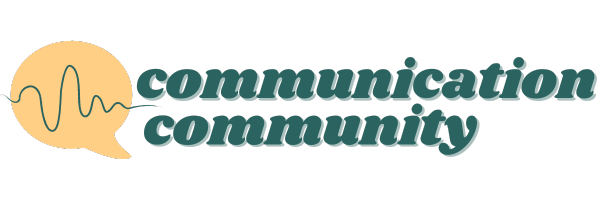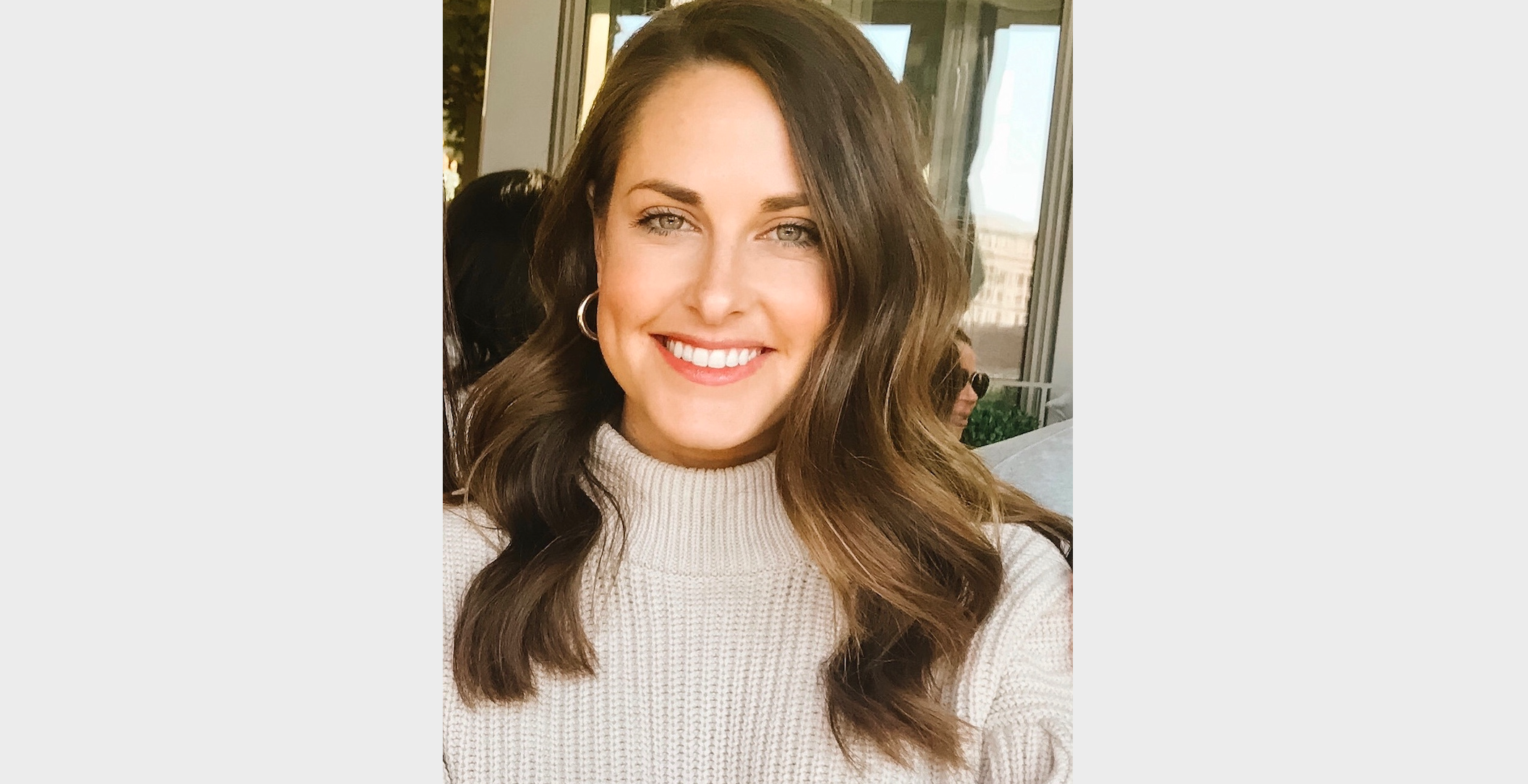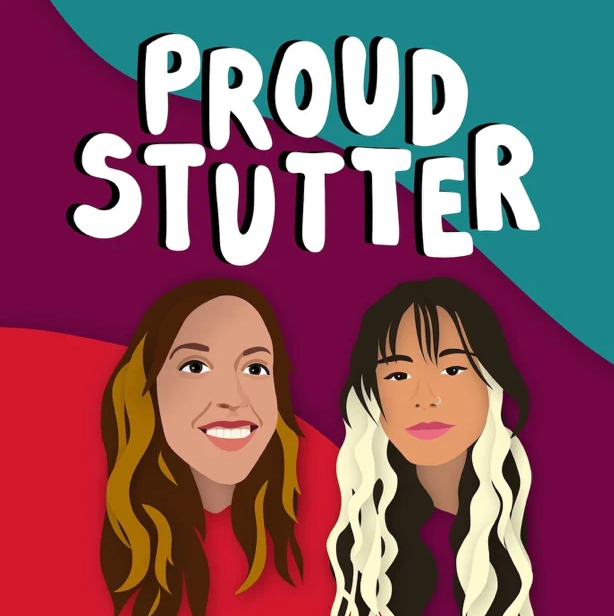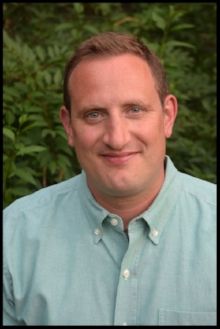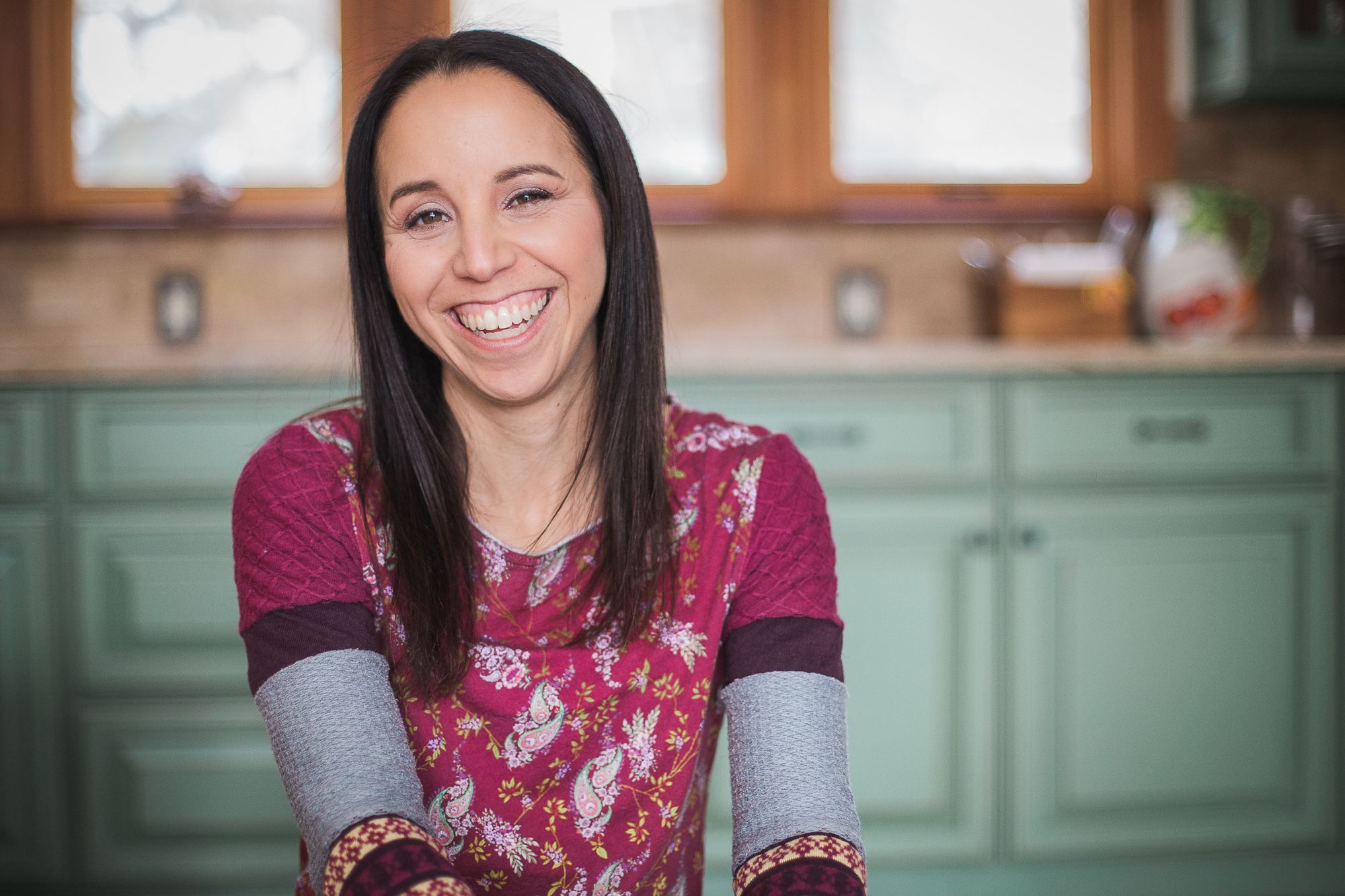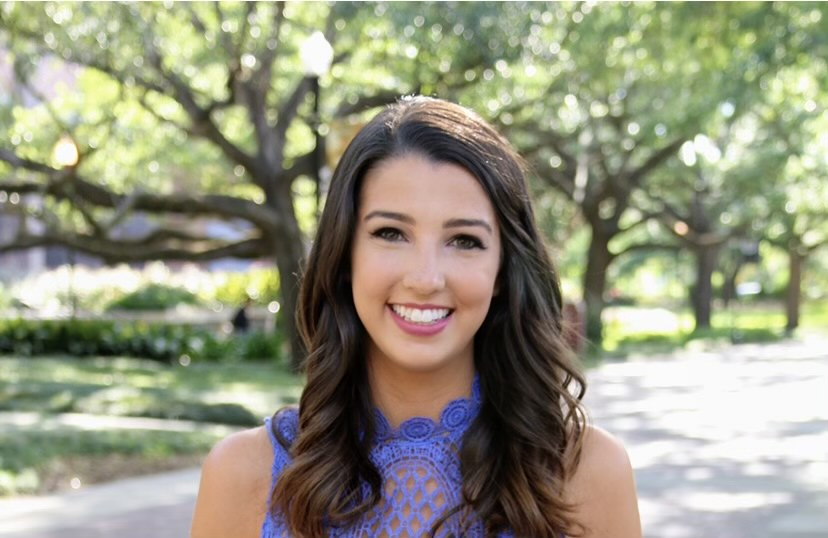Our lovely friend and talented occupational therapist (OT), Elizabeth Skievaski OTD, OTR/L is our first professional to partake in Communication Community’s Q & A! She completed her clinical doctorate in OT at the MGH Institute of Health Professions and has experience working with a variety of individuals, ranging from pediatrics (peds) to adults to seniors. She is trained on sexuality and gender diversity in the community, as well as neuroscience and self regulation techniques for kids with autism, ADHD, and sensory disorders.
How did you get into your field?
I wasn’t sure what I wanted to do when I entered college. One year I went on a medical mission trip and I was working with kids with severe disabilities,. This ultimately led me to want to explore my interest working in a profession that helped others in need. Both my parents work in the medical field and my mom had suggested I start shadowing OTs. Once I did that and got to see what they were doing each day, I made my decision to pursue it. I loved that fact that OT was part of the healthcare system but really challenged one’s creativity.
Can you share some of your clinical experience?
Sure! In graduate school, my 2 major clinical internships were in the Greater Boston area. The first being at an inpatient, locked, psychiatry unit and the second at a school for adolescents/young adults with developmental disabilities (e.g., autism, Down syndrome, Angelman syndrome, Rett syndrome, visual impairment, etc). Since graduating and obtaining my certifications, I have worked in a non-profit charter school in Washington D.C., servicing individuals (8 - 12 years; 18 - 22 years) with severe developmental and physical disabilities (e.g., complex genetic disorders, autism spectrum disorders, intellectual disabilities). During that time I also worked PRN at a skilled nursing facility. My current position now is working for a partial psychiatric hospitalization program, which focuses on intensive psychiatric treatment.
That sounds super interesting. What made you make the transition from an academic setting to somewhere more medically intensive?
I really enjoyed working peds, but I was presented with another opportunity in a field I have always been interested in. OT positions within the mental health/psychiatric field are rare, and when this position presented itself it seemed like it was a great career development opportunity. The position provided me the opportunity to pioneer the first OT program and treatment services for behavioral health in the INOVA healthcare system, allowing me to also expand my leadership experience. It is a field I have always been passionate about and it seemed like an appropriate time to make the change. However, I absolutely love working with kids and I feel strongly that I will make my way back to that population.
It sounds like you have had great opportunities working across different domains within your field, which probably means that you have collaborated with a variety of clinical professionals. What is your experience working with SLPs?
I have a lot of experience co-treating at the previous peds setting I worked in. We [SLPs and OTs] collaborated a lot together, which included running group therapies together. Doing so, we were able to learn different therapy techniques that we could implement in our own practice. Like, I was able to carry over the language/AAC modeling demonstrated by the SLP and the SLPs would observe the physical prompts I would use and use those strategies in their therapy.
In terms of feeding, we would work with SLPs during mealtimes too - SLPs would handle the areas related to swallowing and the consistency of foods and liquids and I would work on the actual feeding techniques [how they bring the food/utensils to their mouth]. I would also contact the SLPs if the student was presenting with any overt signs of aspiration.
Okay, and for AAC, we [OT and SLP] would collaborate when deciding what the most appropriate accommodations for an AAC device would be. With tablets for example, I would look from a fine motor perspective, as it relates to button size, positioning of the device (mounting on table or wheelchair), selecting appropriate keyguards, and specific accommodations to go with it. With eye gaze or switch scanning, I would provide input on positioning and accessibility.
We love to hear about therapists collaborating and your [OT] support definitely comes in handy when we are trialing students for a device and getting the most appropriate accommodations. What other ways do the individuals you treat use their AAC systems in therapy?
A lot of the students I worked with utilized global (total) communication and had many systems to get their message across. It gives the individual the best mode of communication to communicate their needs, wants, and ideas. I do a lot of modeling on AAC too to show the student how to access more language. Access to more language helps with reinforcing specific behaviors (functional communication training) and self advocacy.
Do you have any tips you tend to share with caregivers/other professionals to promote the carryover of skills and strategies?
Hmm, well they definitely tend to be individual specific. But [working with peds] I’d usually tell parents/caregivers to encourage the child’s independence the best they can (aka, don’t do every physical task for them). Say you are discussing physical prompting, if they can do 50% of the skill, only provide 50% more support.
It’s also important to take into consideration the individual’s environment. Consider distractions/environmental disruptions and how to accommodate accordingly to support their attention and sensory needs.
Can you elaborate a little more about the sensory piece?
The individuals with autism I have worked with require it more than any other population. Their thresholds for each sensory system tend to be either higher or lower compared to a typically developing peer. For example, one child may have a very high sensory threshold for movement and another may have a low threshold for auditory input. This just means one will demonstrate more seeking behaviors (running around, difficulty sitting still, etc.) while the other will demonstrate more avoiding behaviors (covering their ears in loud settings like the gym or classroom).
It was very rewarding to work with individuals who are blind and there was so much sensory intervention as part of my therapy. So if we were reading a book, I would use very tactile objects to help illustrate each part of the story (e.g., giving something rough and scaly if a fish character was being discussed in the book). I would also use smells and sounds to express the book's message.
What excites you most about your field?
OT is starting to be recognized more as an intervention within medical and social models and it has become a more flourishing profession. We have more research and evidence based practice, which promotes the need for our skill area.
What is a common misconception about your field?
I get this a lot - people think we only work with upper extremities, when there is so much more to it!
